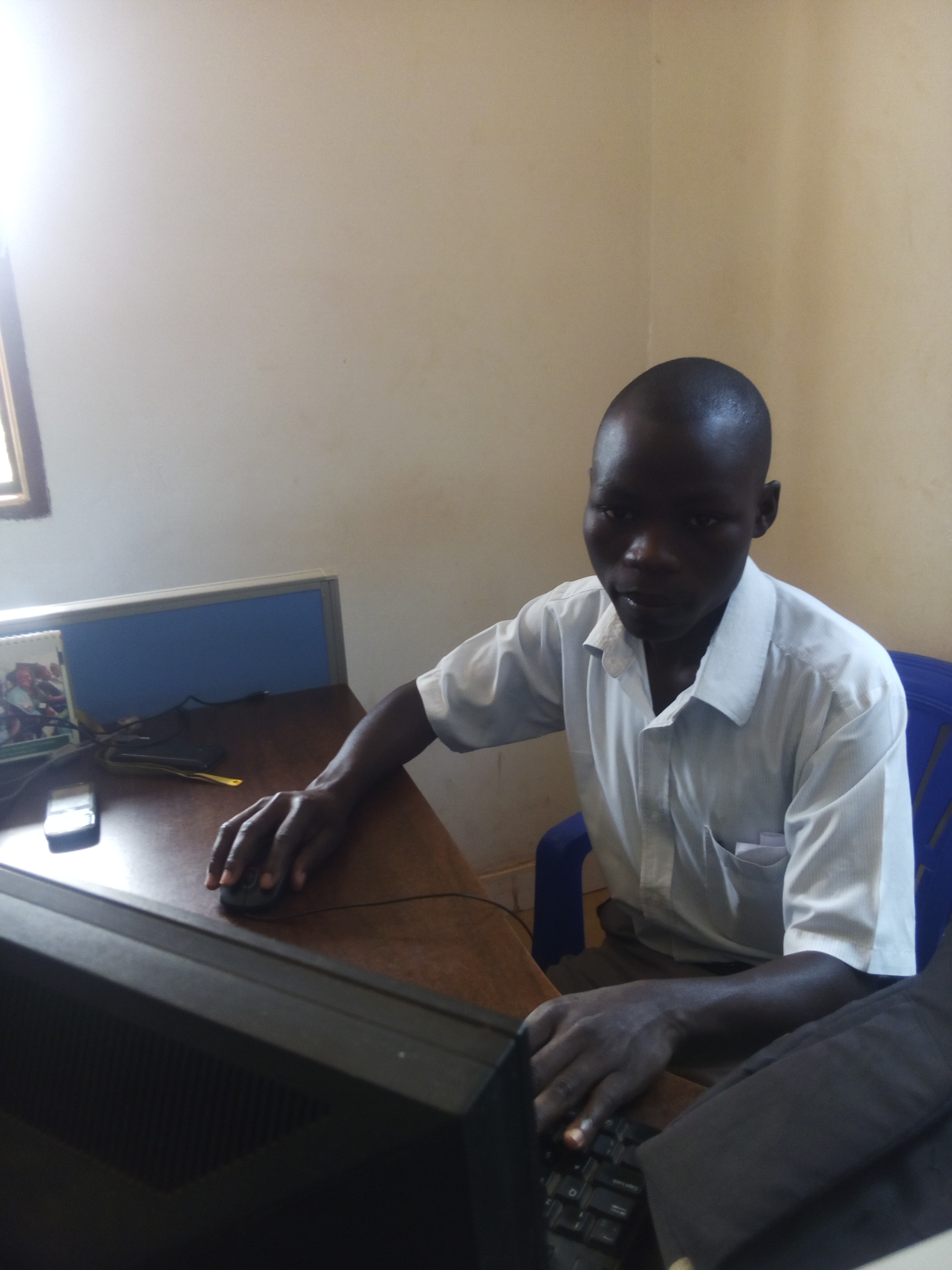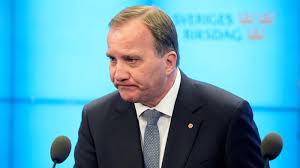The invisible pandemic
Many countries (and members of
their press media) have marvelled
at Sweden’s relaxed strategy in the
face of the coronavirus disease 2019
(COVID-19) pandemic: schools and
most workplaces have remained open,
and police officers were not checking
one’s errands in the street. Severe
critics have described it as Sweden
sacrificing its (elderly) citizens to
quickly reach herd immunity.
The death toll has surpassed our three
closest neighbours, Denmark, Norway,
and Finland, but the mortality remains
lower than in the UK, Spain, and
Belgium.
It has become clear that a hard
lockdown does not protect old and
frail people living in care homes—a
population the lockdown was
designed to protect.
Neither does it decrease mortality from COVID-19, which is evident when
comparing the UK’s experience with that of other European countries.
PCR testing and some straight-
forward assumptions indicate that,
as of April 29, 2020, more than half
a million people in Stockholm county,
Sweden, which is about 20–25% of
the population, have been infected
(Hansson D, Swedish Public Health
Agency, personal communication).
98–99% of these people are probably
unaware or uncertain of having
had the infection; they either had
symptoms that were severe, but
not severe enough for them to go
to a hospital and get tested, or no
symptoms at all. Serology testing is
now supporting these assumptions.
These facts have led me to the
following conclusions. Everyone will
be exposed to severe acute respiratory
syndrome coronavirus 2, and
most people will become infected.
COVID-19 is spreading like wildfire in
all countries, but we do not see it—it
almost always spreads from younger
people with no or weak symptoms to
other people who will also have mild
symptoms. This is the real pandemic,but it goes on beneath the surface,
and is probably at its peak now in many European countries.
There is very little we can do to prevent this spread: a lockdown might delay severe cases for a while, but once restrictions are eased, cases will reappear.
I expect that when we count the number of deaths from COVID-19 in each country in 1 year from now, the figures will be similar, regardless of measures taken.
Measures to flatten the curve might
have an effect, but a lockdown only
pushes the severe cases into the future
—it will not prevent them. Admittedly,
countries have managed to slow
down spread so as not to overburden
health-care systems, and, yes, effective
drugs that save lives might soon be
developed, but this pandemic is swift,
and those drugs have to be developed,
tested, and marketed quickly. Much
hope is put in vaccines, but they
will take time, and with the unclear
protective immunological response to
infection, it is not certain that vaccines
will be very effective.
In summary, COVID-19 is a disease
that is highly infectious and spreads
rapidly through society. It is often
quite symptomless and might pass
unnoticed, but it also causes severe
disease, and even death, in a pro-
portion of the population, and our
most important task is not to stop
spread, which is all but futile, but to
concentrate on giving the unfortunate
victims optimal care.
I declare no competing interests.
Johan Gieseckejohan.giesecke@ki.se
Karolinska Institute, SE- 171 77 Stockholm, Sweden
1 Henley J. Swedish PM warned over ‘Russian roulette-style’ Covid-19 strategy.
March 23, 2020. https://www.theguardian.com/world/2020/mar/23/swedish-pm-warned-russian-roulette-covid-19-strategy-herd-immunity (accessed May 1, 2020).
2 European Centre for Disease Prevention and Control. May 1, 2020. https://www.ecdc.europa.eu/en/geographical-distribution-2019-ncov-cases (accessed May 1, 2020).
3 BBC. Coronavirus: Hard to prevent care home deaths, says Chris Whitty. April 22, 2020. https://www.bbc.co.uk/news/uk-politics-52386808 (accessed May 1, 2020).
Hedberg K. Var femte anställd på Danderyds sjukhus har haft smittan. April 27, 2020.
https://www.dn.se/sthlm/var-femte-anstall-dpa-danderyds-sjukhus-har-haft-smittan/ (accessed May 1, 2020).
Adopted from the Lancet Journal (www.thelancet.com) Published online May 5, 2020.

The News Editor ,Reporter at Kagadi Kibaale community Radio




